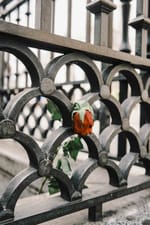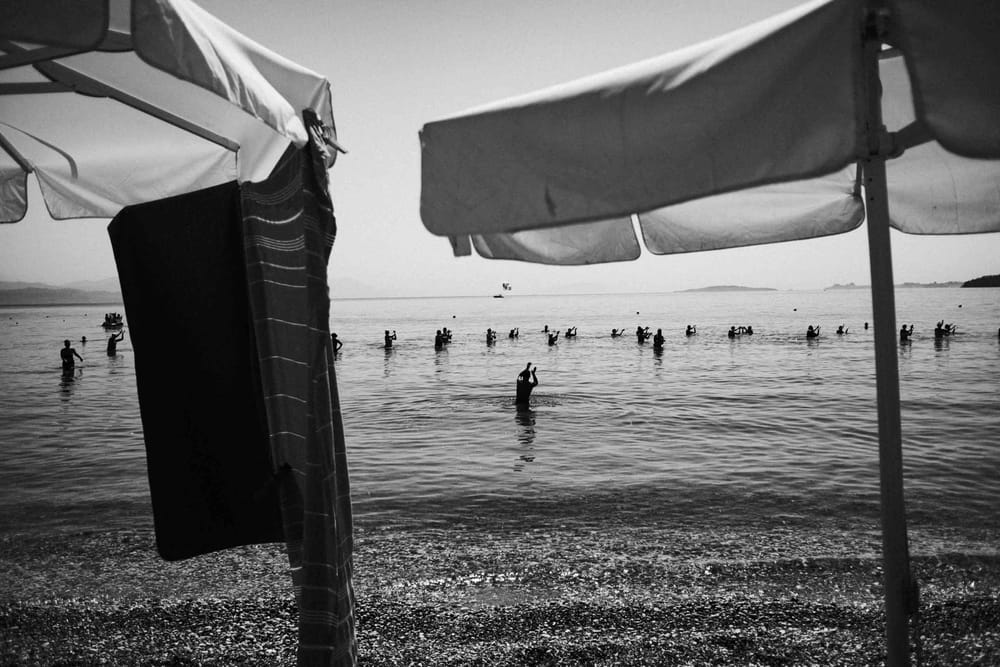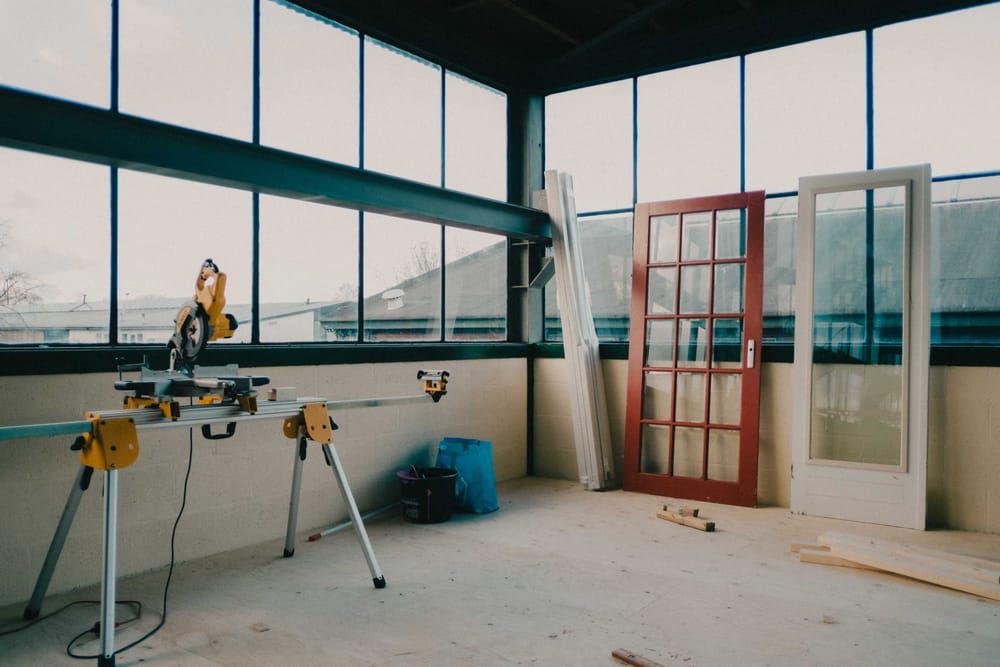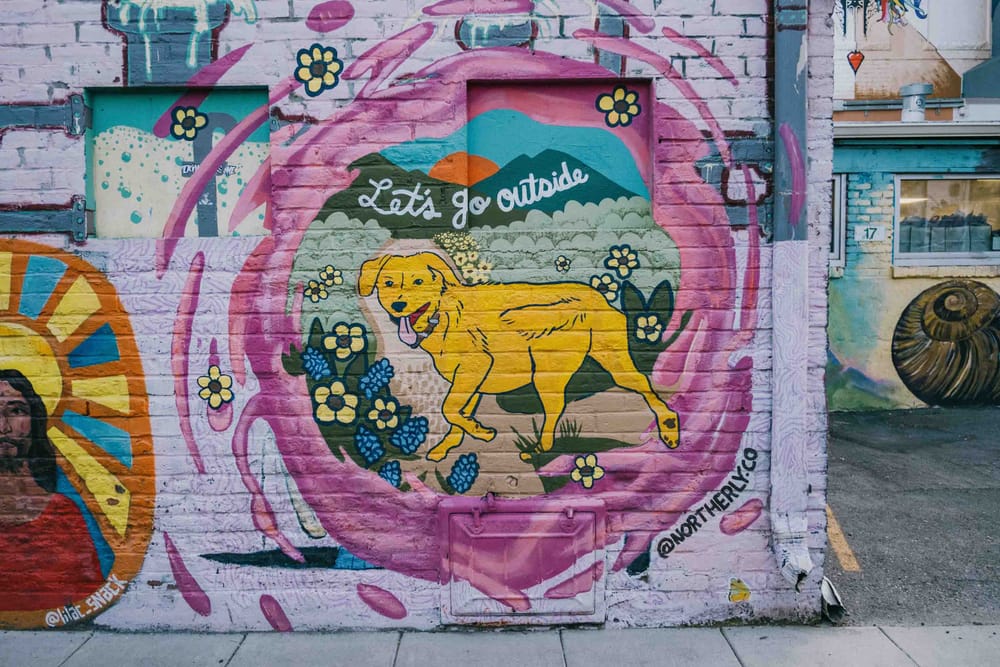Kind souls,
A pleasant surprise. Ghost, the platform that powers this newsletter, featured my website in the Photography section of Ghost Explore! A warm welcome to everybody who joined via that route. Let's do introductions first, so that's out of the way.
My name is Mitch, and I am a documentary and street photographer from Amersfoort, The Netherlands. You are currently reading Dialogue, a monthly newsletter about photography and exploration. Though perhaps interpret the latter in the broadest sense of the word. Feel free to reply and share some background about yourself! This newsletter is called Dialogue for a reason.
I also want to take a moment to thank everybody who purchased a print from my store. Much work went into making the image selection and preparing everything for sale, so your support is very much appreciated. Thank you! The launch promotion has come to an end, so I've removed the 25% off launch discount from the front end of the store. But, just in case you're now reading this and thinking, 'Snap! I wanted to capitalize on that promotion’, I'm keeping the coupon live for another two days after sending this email. Simply use PRINTLAUNCH25 in the checkout to claim your 25% discount.
With that said, I would like to revisit a topic I talked about for the first time about two years ago. The importance of properly archiving your work.
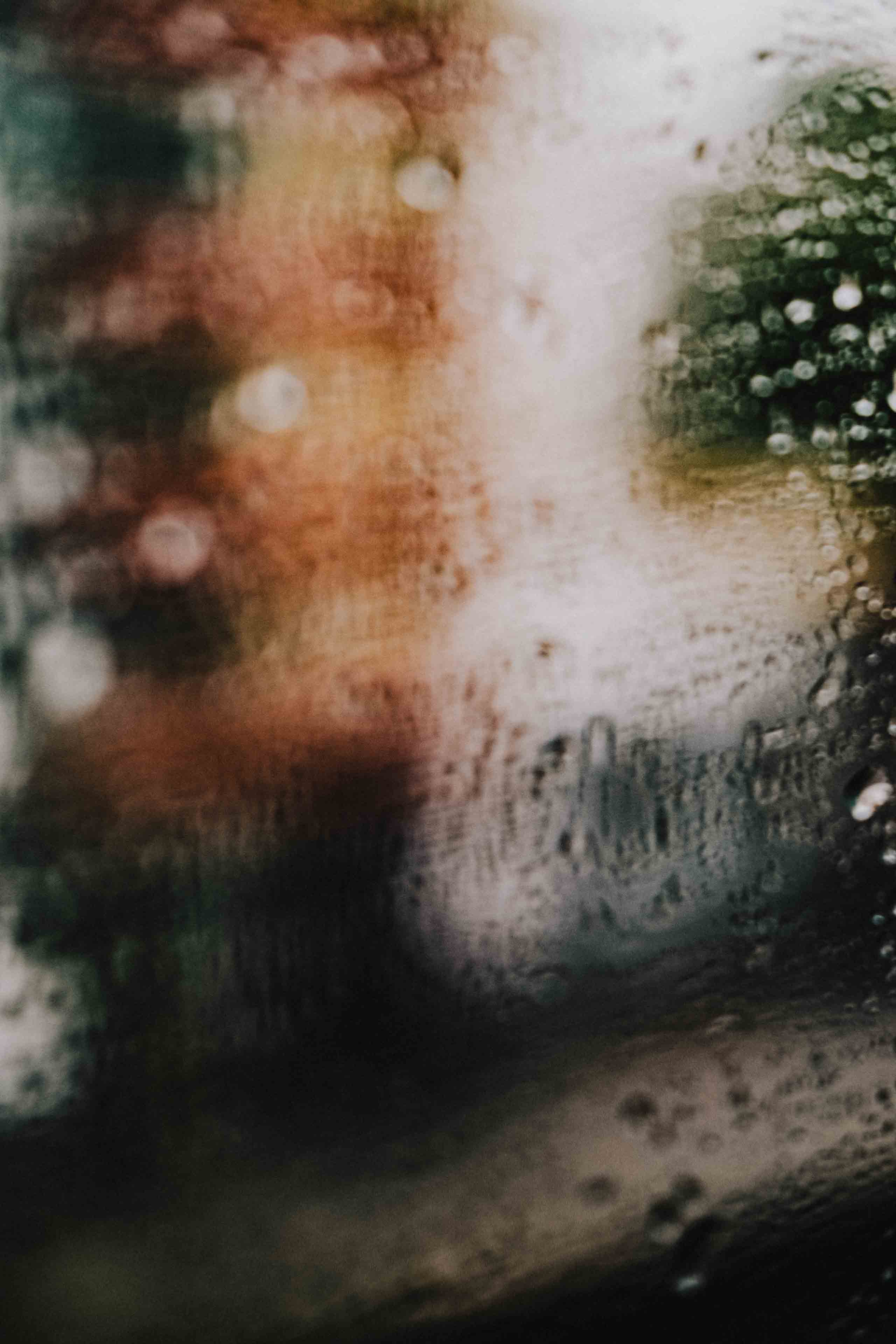
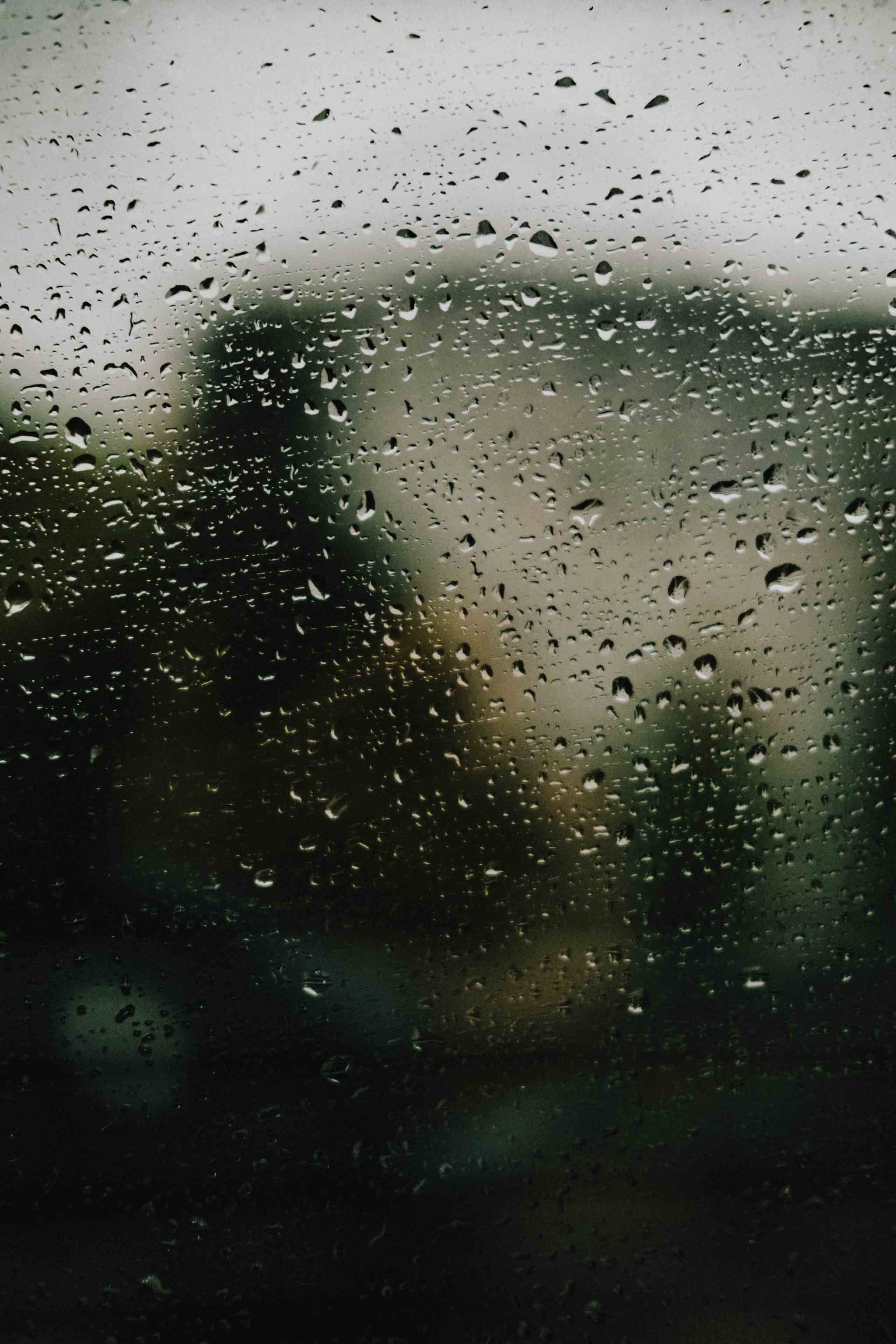
You are responsible for your work
It's been about four weeks now. Two hours per day, on average. Loading in the image previews, looking at the contents of the images, and titling everything based on the location they are shot in or the people pictured. Sometimes both. It's an endless stream. Well, not exactly endless because I know the number of title-less images at the start of this painstaking job: about 180 thousand of them. This made it a real head-scratcher at first, 'do I even want to go through all these images from the past seven years just to title them all?'. But the real question here was if I had the motivation to start such a task (ergo, am I a lazy bastard or not?), not if I found the job to be a useful one — I knew that it was.
Automating my photography archive
So that's where my energy has gone the past few weeks. Slowly lowering the number in my title = empty Smart Collection in Lightroom Classic. I then use those titles to make other Smart Collections automatically fill up based on those titles. This eliminates all the manual sorting and tagging I previously did to keep an overview of all the images I shoot. Yes, this means that each time I return home with a full SD card, I take a moment to properly add titles to all the files in Lightroom. If I do just this one thing properly, I gain the ability to easily filter down, reorganize, and query all the images I've ever shot. This also makes it easier to enrich the data accompanying those images while my need for it grows. More broadly, it puts me in control of the work I make and opens up the door to a slew of possibilities regarding further distillation, interpretation, and distribution. After all, making an image is only half the work. It's what you do with that image that ultimately closes the loop.
As an example, I've hooked up my online archive to Lightroom Classic (Smugmug, the tool I use to host my archive, has a Lightroom plugin that makes this relatively easy) and the Smart Collections I created are then periodically synced to it, ready for further distribution or simply off-site safekeeping. I also use this same setup to create focused collections of my best images of each year that I then use as sources for my personal yearbooks, wallpapers, or fine art prints. It's an elaborate process but, once the titling is done, no longer a laborious one.
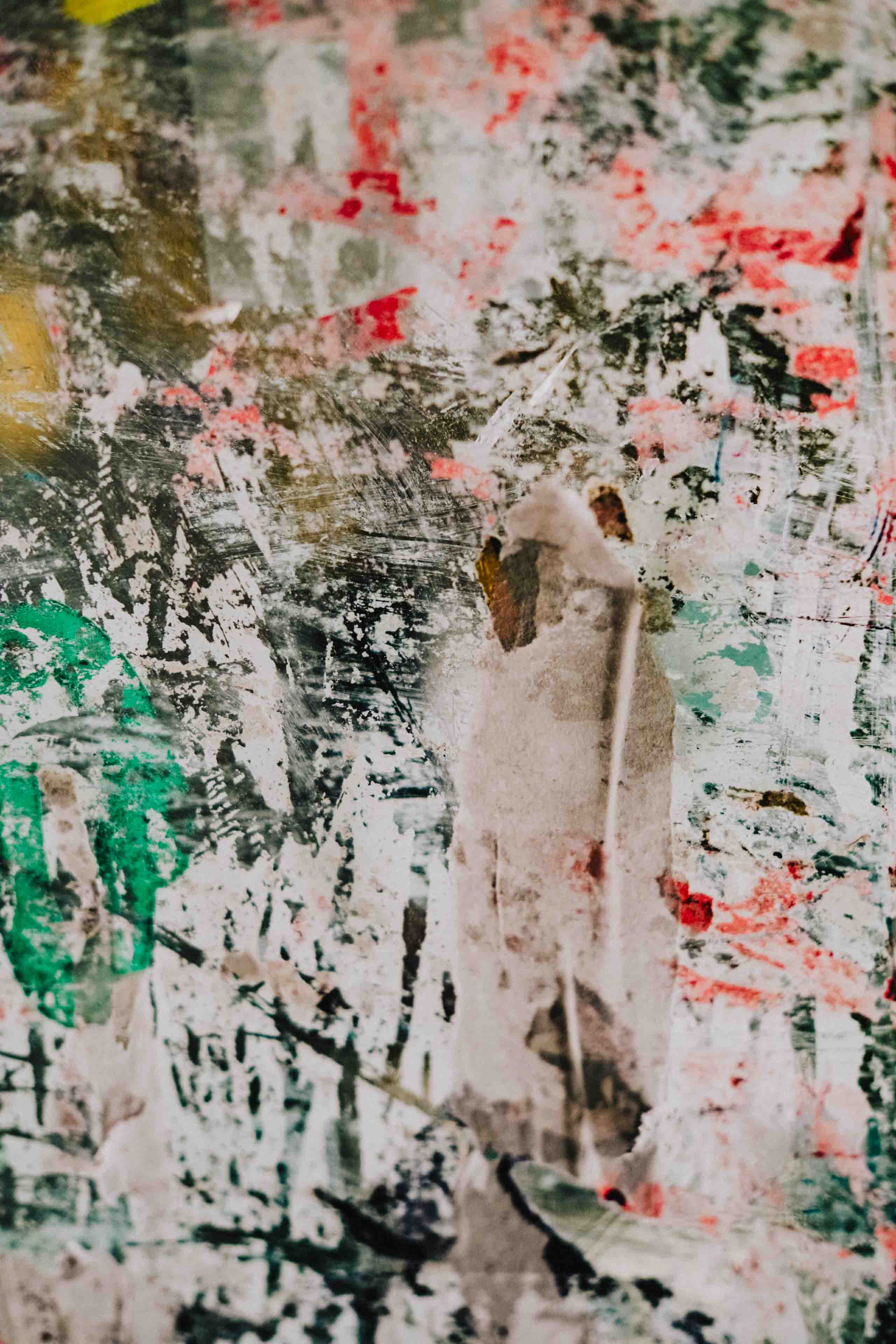
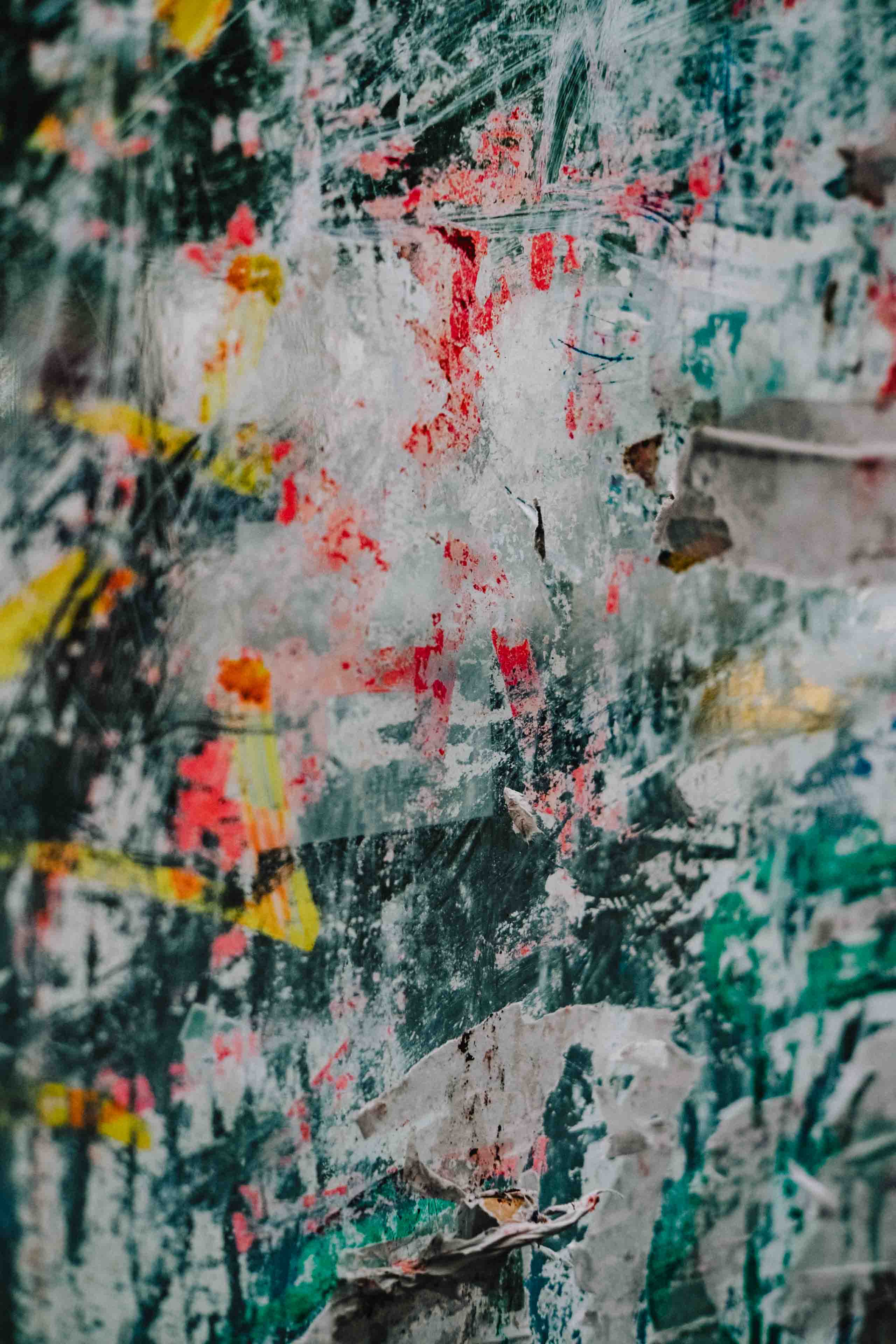
Why
I can hear you thinking: why? Why go through all that effort just to organize your images? Can't you just keep a folder for the RAW files and a folder for the edited images? Okay, fine: maybe that's not you that I hear thinking, but instead, it's my own thoughts I'm projecting upon you. In either case, the answer is: no. Such an approach is not sufficient if the goal is to be in control of my archive. And honestly, I think that should be the goal for everybody that makes something. It doesn't matter if you're a photographer, writer, musician, or woodworker. The thing you make with your hands, especially if the idea for that thing originated from your own mind (it's slightly different when you're using your skill to fulfill a request from somebody else during a freelancing gig, for example. Though I think the general sentiment I'm sharing here still applies in those situations), is something worth preserving in a respectable way.
Speaking on my situation again, I bring my camera everywhere I go. I always make images of whatever's in front of me. It is my life that is the subject, and I take great pride and comfort in having recordings of the things most significant to me. If I don't implement a meticulous process to keep track of my images, the entire thing will become an uncontrollable mess, where the moments I record are bound to get lost in the sauce. Just as much if I hadn't brought a camera in the first place.
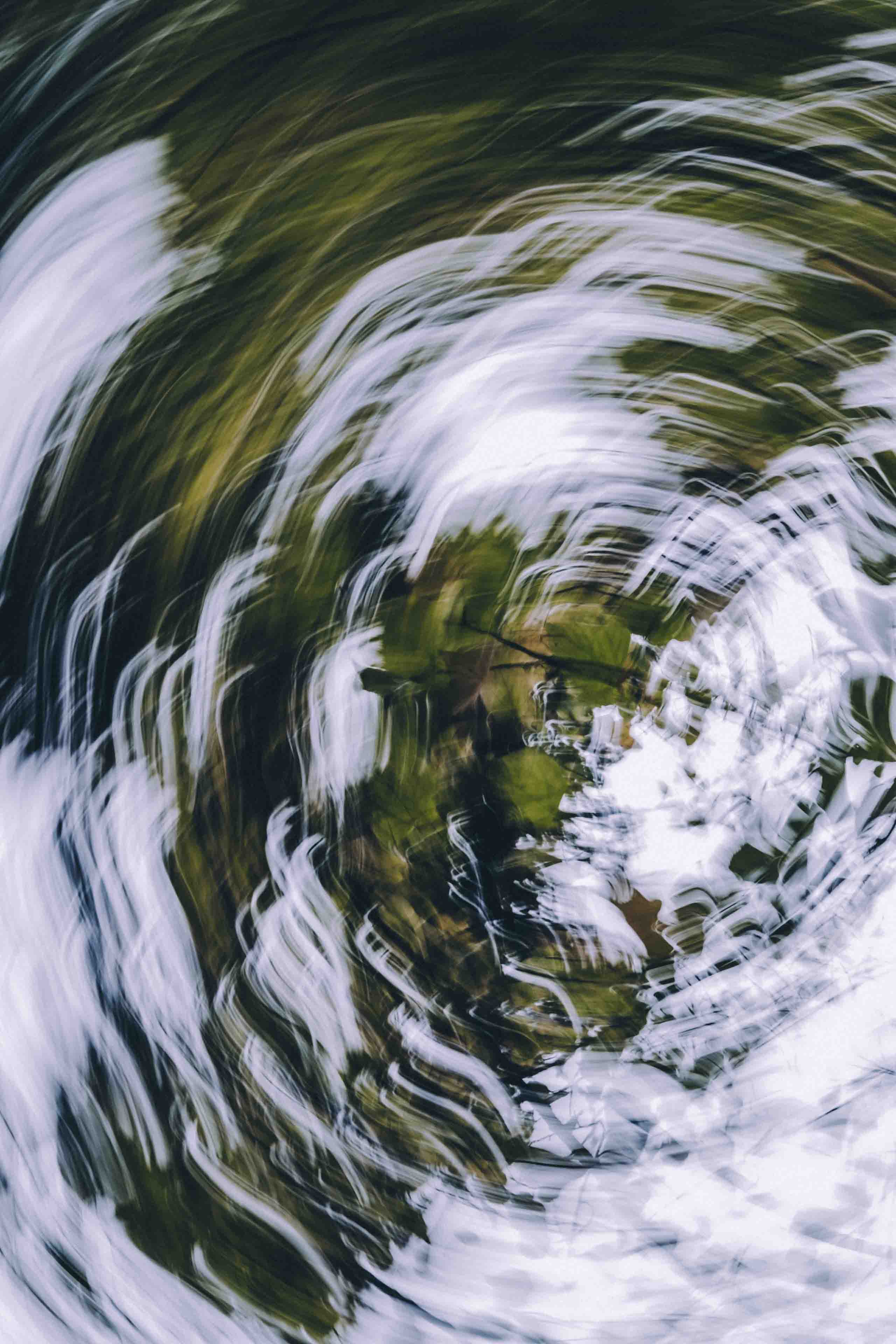
What do you do?
I can take this to a level where it becomes borderline philosophical, where we discuss things like building a legacy and fulfilling your purpose in life. I think those topics are best reserved for a different time though. For now, let me ask you this and be honest. Not with me, but with yourself: how well aware are you of where all your work is stored? Do you know where your files are? Where are the negatives from that first roll of film? Where is that sketchbook you used to mock up that painting you sold to your best friend? Do you still have the demo version of the first single you released on Spotify? In fact, I hope the final version of that song does not only live on Spotify, right? You might find these things insignificant or not worth the effort to organize and catalog everything properly. This might be one of the least romantic aspects of a creative life. I implore you though, please take ownership of your work. Nobody else will.
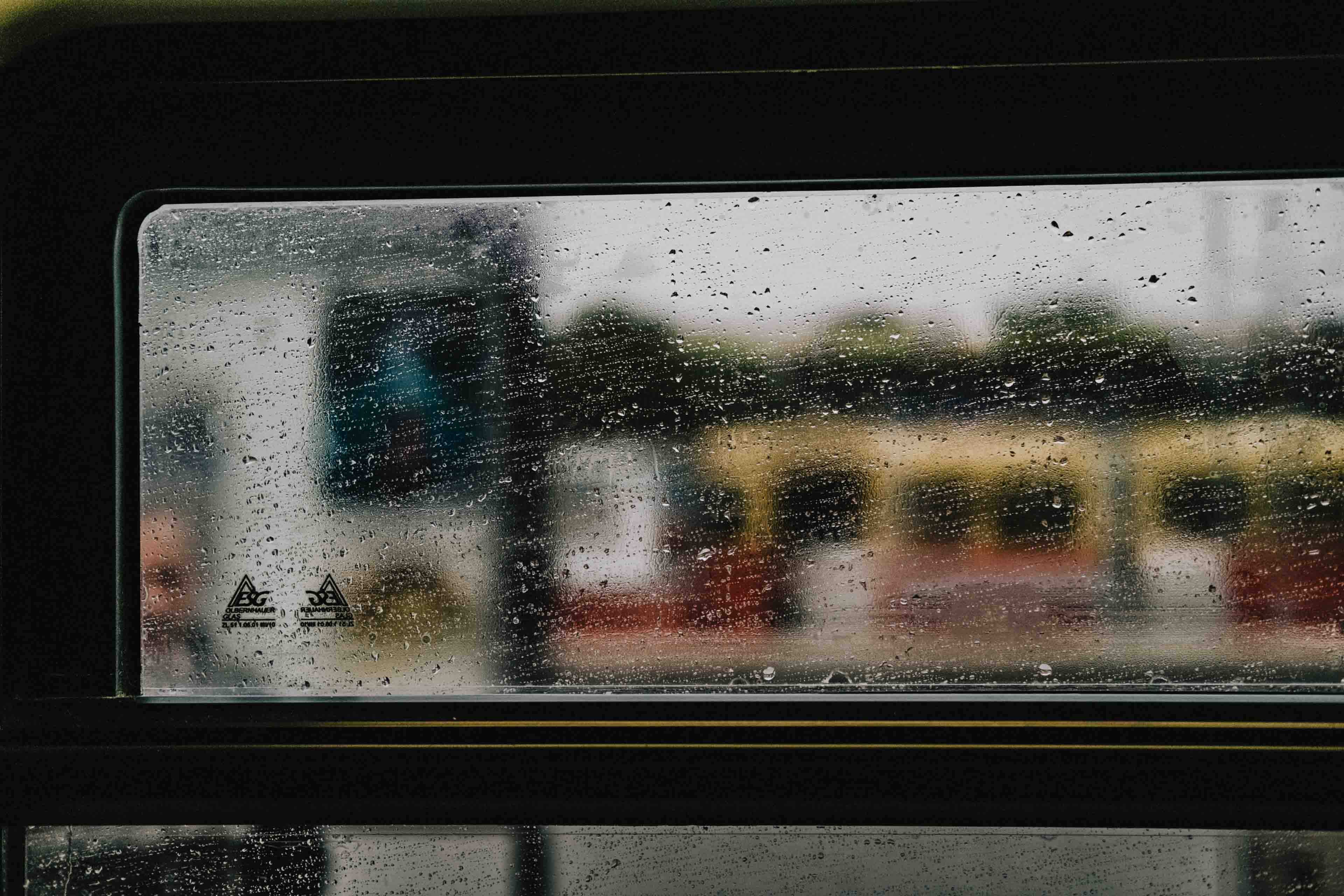
Berlin over the years
I've been to Berlin, Germany, six times now. Four of those as 'a photographer'. Three of those in the past year. It's not like Berlin is particularly special to me. It's simply a nice place in a relatively easily traversable distance from where I live. During that last visit, I started thinking about ways to distill this work I made in Berlin over the years into something a little more tangible. I talked it over with Phil to see if he could provide some perspective to my struggles. The more I go to Berlin, the less I enjoy the work I'm making there. The things that once caught my eye are now no longer interesting to me. I feel like I'm starting to scratch that invisible layer of a place that's only reachable for people with more than a few days of experience there.

The problem is though, that extra layer underneath still remains opaque at best to me. Some part of me believes this is how it should be as well. I am familiar with Berlin, but I am not from Berlin. Who do I think I am to document a place I have no real knowledge of? When I asked Phil, he said (and I’m paraphrasing here): "You know, Mitch, you might be right that you're not from here. But there's still a story there. If you really think about it, you have not documented Berlin. At least not its essence, as you're alluding to, but that's fine. You have documented what Berlin is to you. It's your perspective and experience over the years. That's unique to you, and you have every right to tell that story." Wise words. We'll see if I ever get around to sitting with the images and deducing that story. Perhaps after another visit or two, or twenty. In any case, it doesn’t matter how long it takes because at least I have my archive under control. I can pull up everything I made there and sit down with it in an instance.
America this year
I get to go to the United States for work on the 26th of November. It'll be my first time going there ever(!), which is exciting. It's not a vacation though, so time to explore will be limited. I'll return on the 6th of December, rendering me traveling during the time I would normally send out another newsletter. So as it stands right now, next month's newsletter will probably come a little sooner than usual.
For now though, thank you kindly for reading, don't forget to snag up a print while that promotion's running, and I'll talk to you soon.
Mitch

